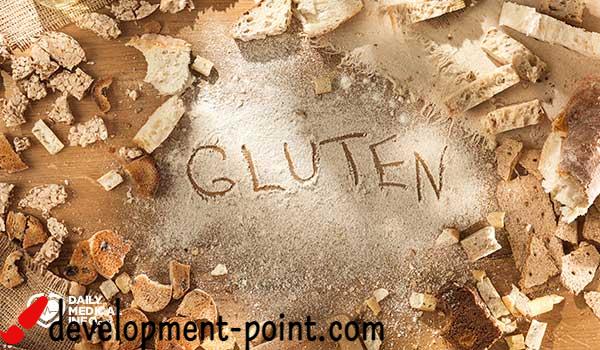Calcium deficiency in pregnant women and after childbirth: symptoms and treatment
Calcium is an important element during pregnancy, and calcium deficiency in pregnant women may lead to some problems that may affect the mother and fetus. Follow us to learn about the symptoms of calcium deficiency in pregnant women, how it affects the fetus, and how it can be treated.
The normal percentage of calcium for pregnant women
The percentage of calcium in pregnant women varies according to their diet and the number of fetuses present in the womb, as some pregnant women may suffer from a lack of calcium levels in the blood, but the dose taken should not be less than a certain amount, so many experts recommend that pregnant and breastfeeding mothers should eat about 1,000 milligrams of calcium daily.
Also, in some cases, the doctor may recommend increasing this amount depending on the condition of each woman or in the case of pregnancy with more than one fetus, so a doctor should be consulted to determine the dose that the mother needs to consume of calcium, in order to avoid health problems that may be associated with a deficiency in calcium. blood calcium levels.
Symptoms of calcium deficiency for pregnant women
Low calcium levels of a pregnant woman can lead to some signs and symptoms that may include the following:
muscle pain
Calcium deficiency during pregnancy leads to muscle weakness in addition to the feeling of muscle spasms. It also causes a feeling of numbness in the hands and feet, and increases the risk of osteoporosis.
Fatigue and tiredness
If the expectant mother suffers from a calcium deficiency during pregnancy, this leads to a feeling of exhaustion and severe fatigue, and its deficiency may also lead to a feeling of dizziness and lightheadedness.
Depression
Calcium deficiency leads to mood swings and may cause anxiety, stress and depression during pregnancy.
Causes of calcium deficiency when pregnant
It is normal for the calcium level to decrease during pregnancy, so it is important to follow diets that help the mother get her needs and the needs of her fetus. A pregnant woman may lack calcium due to:
- Not getting enough nutrition and not getting the body’s calcium needs.
- Preeclampsia in women, according to some studies.
- As a result of pregnancy, albumin levels decrease, which may lead to lower calcium levels.
Effects of calcium deficiency on pregnant women
A lack of calcium in the blood of a pregnant woman can lead to an increased risk of high blood pressure and high levels of protein in the urine, which leads to an increased risk of preeclampsia, which is a serious condition that threatens the health of the pregnant woman and the fetus, and can cause premature birth as well.
Deficiency of calcium levels in pregnant women can lead to increased levels of lead in the blood, because calcium deficiency leads to increased bone production so that old bones are replaced by new ones, which leads to an increase in lead.
Does lack of calcium when pregnant affect the fetus?
After knowing what are the symptoms of calcium deficiency in a pregnant woman, it is necessary to know the effect of its deficiency on the fetus, as the fetus consumes the calcium necessary for its growth from the mother’s body, so when the pregnant woman does not get sufficient amounts of calcium, this negatively affects the growth of the fetus and affects the growth of its bones properly, It also causes an increased risk of high blood pressure in the newborn, along with an increased risk of high levels of triglycerides in the body of the fetus and insulin resistance of the child. Calcium deficiency also affects the development of the heart, blood vessels and brain of the fetus.
Treatment of calcium deficiency for pregnant women
You must know how to avoid and treat the problem of calcium deficiency when pregnant, and therefore the doctor recommends that the pregnant woman be keen to eat foods rich in calcium, the most important of which are dairy products, including cheese, yogurt and milk, in addition to committing to taking calcium supplements according to the dose prescribed by the doctor and regularly so that levels can be improved calcium in the blood.
Symptoms of calcium deficiency after childbirth
After childbirth, some women may suffer from a lack of calcium, especially when breastfeeding, and some symptoms may appear in these women. One of the most important symptoms of calcium deficiency when breastfeeding is a decrease in the percentage of minerals in the bones, which are restored after a period of breastfeeding.
Nursing mothers can also suffer from the general symptoms that result from calcium deficiency, which is a feeling of fatigue and exhaustion, muscle pain, dry skin, and a feeling of anxiety and depression.
In the end, dear reader, and after we explained to you what are the symptoms of calcium deficiency in a pregnant woman and the serious complications that may result from it, we hope that we have answered all your questions on this subject, and we wish you continued health and wellness.

